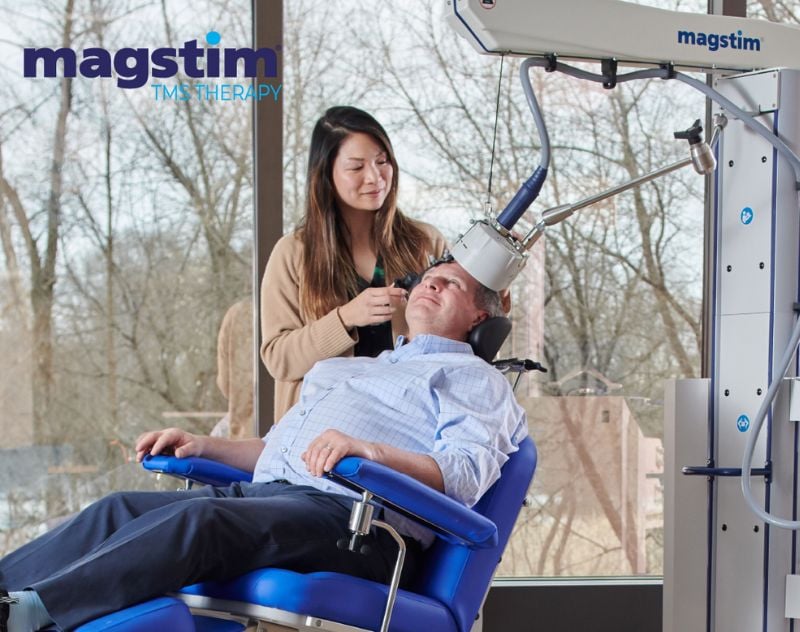Transcranial Magnetic Stimulation (TMS) therapy is a non-invasive treatment for depression that uses magnetic fields to stimulate nerve cells in the brain. It's often considered for individuals who haven't responded well to traditional treatments like medication or psychotherapy.

TMS vs. Antidepressant Medications
While antidepressant medications are commonly prescribed for depression, they don't work for everyone and can have side effects such as nausea, weight gain, and sexual dysfunction. TMS therapy, on the other hand, has been shown to be effective in treating depression, especially for those who have not benefited from medications. Additionally, TMS has minimal side effects, with some patients experiencing mild headaches or discomfort at the treatment site, which are typically short-term.
TMS vs. Electroconvulsive Therapy (ECT)
ECT, often referred to as "electroshock therapy," uses electrical currents to induce a brief seizure and is typically used for severe cases of depression. TMS therapy differs in that it uses magnetic pulses to stimulate the brain without inducing a seizure, making it a safer and more tolerable option for many patients.
TMS vs. Psychotherapy
Psychotherapy involves talking with a mental health professional to address emotional and psychological issues. While it can be effective for many individuals, it often requires a significant time commitment and may not be sufficient for those with severe depression. TMS therapy offers a more structured and time-limited treatment option, with sessions typically lasting about 30-60 minutes over a period of 4-6 weeks.
For those considering TMS therapy in Everett, Shifa Health offers this service. It's important to consult with a healthcare provider to determine the most appropriate treatment option based on individual needs.
